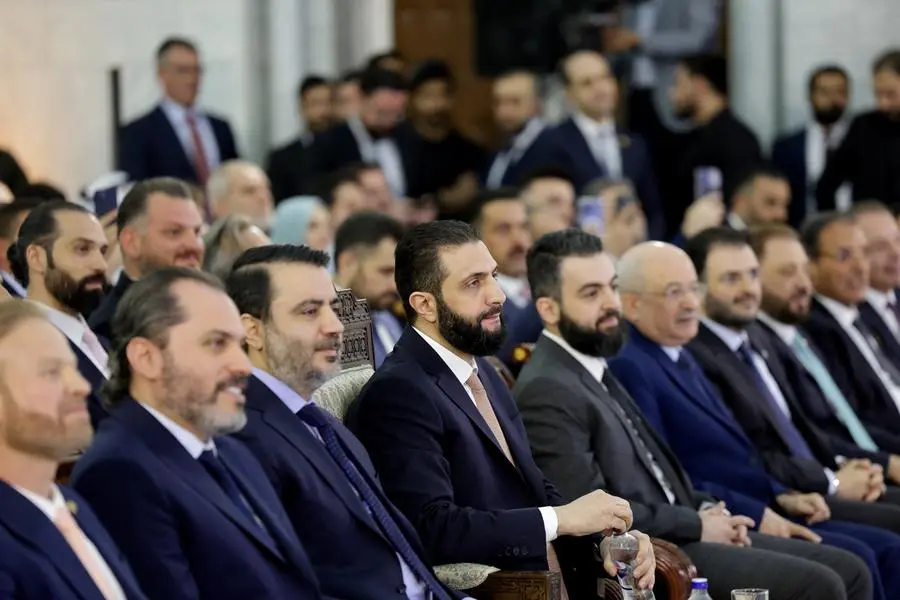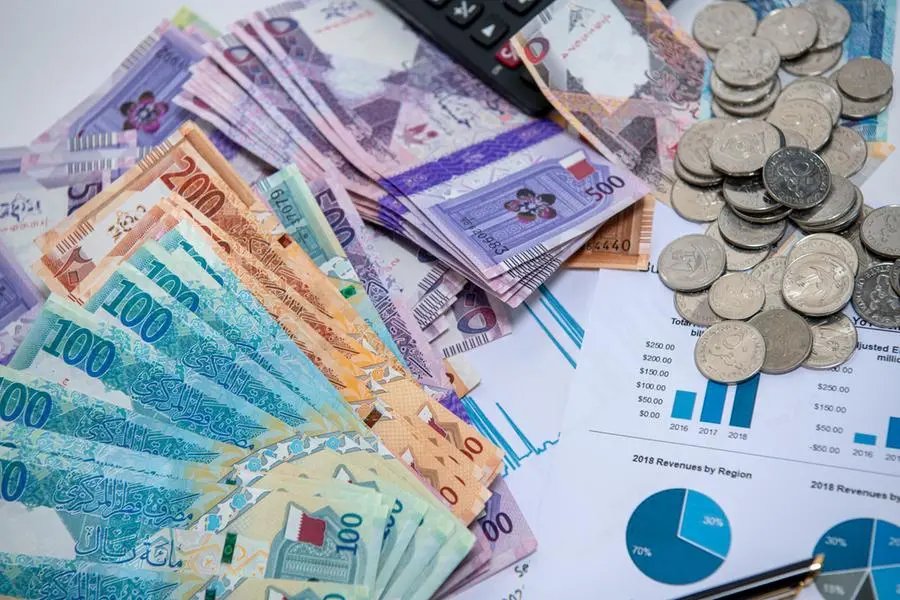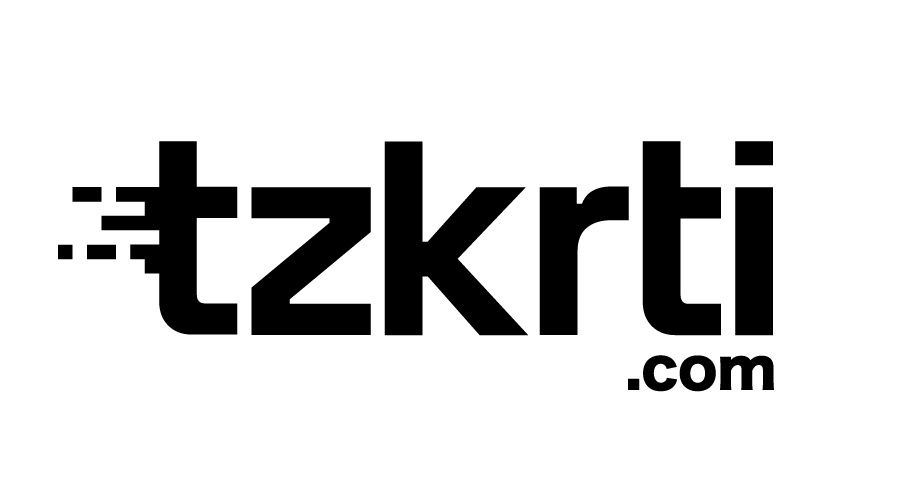Syria has announced the signing of $14 billion worth of investment deals with private companies, marking a significant push towards revitalizing the nation’s infrastructure and key economic sectors. These ambitious agreements, spanning a 10-year period, target critical projects including the modernization of Damascus International Airport, the establishment of a Damascus subway system, and the development of extensive residential and tourism facilities, signaling a strategic effort to stimulate post-conflict economic recovery.
By the Numbers
- Total Investment Value: $14 billion
- Investment Period: 10 years
- Key Sectors Targeted: Transportation (airport, subway, railway), housing, tourism, and other service sectors.
- Primary Investors: Private Syrian and Arab companies.
Strategic Infrastructure Focus
The core of these investment deals lies in comprehensive infrastructure development. Plans include the rehabilitation and expansion of Damascus International Airport, aimed at improving connectivity and bolstering air travel capacity. A proposed Damascus subway system is set to revolutionize urban transit, addressing the growing needs of the capital’s population. Furthermore, the agreements encompass a vital railway link between Damascus and Beirut, which would significantly enhance regional trade and passenger movement. Beyond transport, substantial investments are earmarked for constructing new residential units and developing tourism projects, underscoring a holistic approach to national rebuilding.
Driving Economic Revival
These large-scale investments are poised to be a catalyst for Syria’s economic revival. By injecting substantial capital into critical sectors, the government aims to create new employment opportunities, stimulate local businesses, and foster an environment conducive to further investment. Officials have emphasized that these deals are part of a broader strategy to transform Syria into an attractive destination for investors, leveraging its strategic geographical position and untapped potential to drive long-term growth and stability.
Overcoming Sanctions and Challenges
The signing of these deals occurs within a complex geopolitical landscape, characterized by ongoing international sanctions against Syria. The reliance on private Syrian and Arab companies for these investments highlights the nation’s strategy to navigate these restrictions by fostering domestic and regional capital flows. This approach underscores Syria’s determination to rebuild and develop its economy despite external pressures, demonstrating resilience in attracting funds from sympathetic or commercially aligned entities.
About Syria’s Investment Landscape
Syria’s investment landscape is in a phase of significant transformation as the country seeks to rebuild after years of conflict. The government has expressed a strong commitment to facilitating investment, aiming to streamline bureaucratic processes and offer incentives to attract capital. While challenges remain due to the geopolitical situation and economic sanctions, the focus on private and regional partnerships signals a pragmatic path forward for economic revitalization and infrastructure development.
Looking Ahead
The successful implementation of these $14 billion investment deals will be a critical test of Syria’s capacity for economic recovery and its ability to attract and retain significant capital. Should these projects proceed as planned, they could lay a robust foundation for future growth, improve the quality of life for citizens, and potentially pave the way for broader international engagement. The long-term impact will depend on sustained political stability, continued government support for investors, and the successful navigation of global economic dynamics.
Source: Zawya














